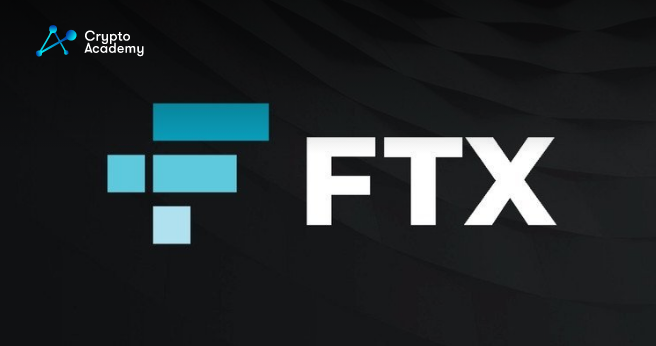FTX Plans To Launch Another Crypto Exchange

Cryptocurrency exchange, FTX, has announced plans to reboot its international exchange platform, a move that comes amidst heightened scrutiny from regulators and the company’s ongoing bankruptcy proceedings. The company’s Chief Executive, John J. Ray III, disclosed that FTX has started soliciting interested parties to assist in the re-establishment of the FTX.com exchange.
According to sources familiar with the discussions, FTX has been in preliminary talks with potential investors about supporting a possible relaunch. This would likely include a rebranding of the company and may even extend to compensation for existing customers, potentially offering them stakes in the reorganized entity. Blockchain technology company, Figure, has expressed interest in supporting FTX’s restart, following its unsuccessful bid to relaunch the bankrupt Celsius Network.
Despite these developments, Thomas Braziel, partner at 507 Capital, warns that rebooting FTX will be a considerable challenge due to recent enforcement actions against U.S. crypto companies and the significant reputational damage FTX has endured.
FTX’s Road to Recovery Amidst Regulatory Crackdown
Regardless of these challenges, Ray remains optimistic about the viability of the exchange’s business model. To that end, he has initiated a task force to explore potential avenues for the exchange’s restart. Amidst growing regulatory crackdowns and allegations of past misconduct, FTX hopes that keeping its flagship exchange alive will benefit its millions of customers more than a complete shutdown.
This effort to resuscitate the company unfolds as U.S. regulators continue to tighten their grip on the cryptocurrency sector. This month alone, the Securities and Exchange Commission (SEC) sued Binance and Coinbase, two of the world’s largest crypto platforms, for operating as securities exchanges without proper SEC registration.
Todd Phillips, a fellow at the Roosevelt Institute, explains that the SEC has ways to claim jurisdiction over foreign operations. “Securities laws can be applied and enforced to the extent that there is a connection to people or entities based in the United States,” Phillips elaborated. Even if FTX restarts abroad, its operations could be affected if the SEC classifies a token traded on the exchange as a U.S. security.
Financial Challenges and Hope for the Future
The successful restart of FTX is also contingent on the exchange’s ability to recover misspent customer funds. Investigations have revealed FTX’s multimillion-dollar investments, made without customer knowledge, in companies like Robinhood Markets and Modulo Capital. FTX’s management is now seeking to recoup donations and investments made with customer cash.
FTX’s plan to restart could potentially benefit creditors. Without the revival of the exchange, FTX’s in-house token FTT, used by customers for transactions and trading, could become worthless. A dispute over the ownership of around 195 million FTT tokens seized by Bahamian liquidators in November remains unresolved.
As of April, the company had incurred roughly $200 million in professional fees, to be paid before customers can receive any funds from the Chapter 11 bankruptcy proceedings. FTX is expected to present a formal reorganization plan in July, including preliminary assessments of how it plans to compensate creditors.
Judge John Dorsey of the U.S. Bankruptcy Court encouraged cooperation, stressing the situation’s urgency. “The customers’ assets are wasting away every day we remain in bankruptcy,” he commented. While FTX faces significant hurdles in its journey towards relaunch, the company’s determination to restart offers a glimmer of hope amidst challenging circumstances.

Comments are closed.